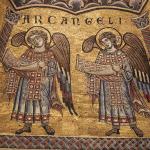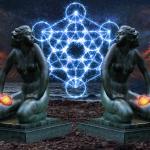Notre-Dame de Paris has not fallen.
She has suffered a grievous blow.
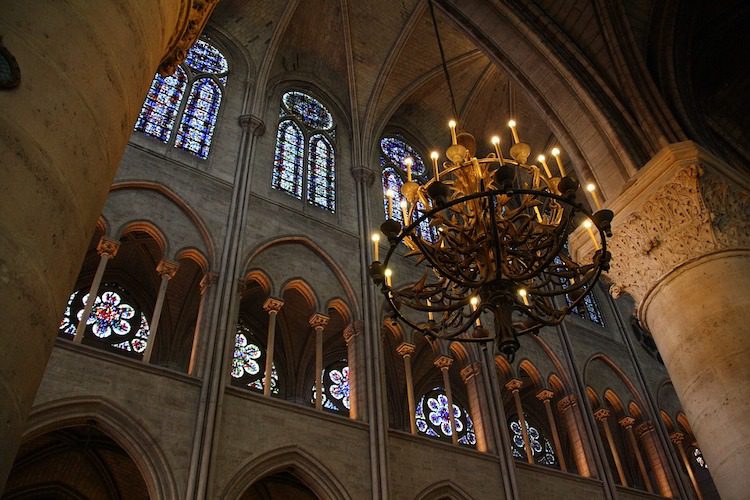
I have seen some people in our community who have mixed feelings about this injury to the Lady of Paris– who see her as beautiful, but cannot divorce her beauty from her function, or appreciate the beauty in her function. I understand this conflict, intellectually, though I do not keenly feel any bite from the faith that raised her stones and fills her halls with light and song. What I do feel, deeply, is the sting of fire and falling masonry and neglect and carelessness and the wound, heart-bruising, of watching something living suffer.
Do you doubt that she does?
I live in a home scarcely older than I am. In it, there is a spirit that lives in the bones of the house, in the creak of the floorboards and swing of the doors, that sometimes I feel like a cautious, curious eye. Before this, I lived in a building even younger than this, and the spirit of that structure was a composite being, fractured into smaller facing-spirits that dwelled in apartments, that mapped out their own pseudo-private spaces, which would all lean in for offerings like long-neglected flowers blooming open for the sun. Before that, I lived in a house my mother grew up in, a place that had known its own boundaries long enough that stepping over the threshold was like being pulled behind a shield-wall– here you are safe, and we love you.
I have walked in places a hundred years old and felt heartbeats. I have walked in places ten years old and heard breath.
If you have not felt these things, have not touched these spirits of the places around you, then I can only hope you someday do– how grey a world, that nothing lives in. But I have felt them, touched them, fed them, treated with them, honored them, loved them. They are as real, and as alive, as the spirits of plants, and beasts, and men. Call them what you will– local spirits, genii locorum, housewights. If you are an animist, if you respect and honor spirits, then these forces should be familiar to you. They are, after all, very nearby. They are among your most natural and benevolent allies and friends, if you treat them well.
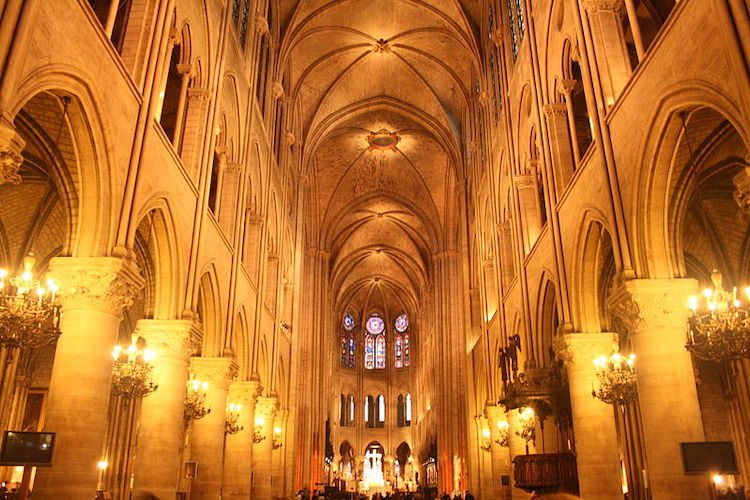
Notre-Dame de Paris is 850 years old. She was built in the grave of an early basilica, itself built to replace a Roman temple. Her construction spanned over a century of sweat and toil and innovation; she has grown and evolved and adapted over centuries as her city has grown and evolved and adapted around her. She has survived riots, wars, and accelerated decay. She is a shelter, and a sacred place, and an icon.
How can you imagine that she is less alive than your home? How much more life, intelligence, grace and beauty must there be in the spirit of so venerable a structure, into whose ambit hundreds of millions of faithful pour their love and faith and admiration? How complex her spirit, how vibrant and regal her voice– she was designed, of course, to amplify, to enhance, to take small voices and make them brighter, to make them sing.
There were very few injuries to human beings during her burning, despite the incredibly massive throngs of tourists ever-eager to enter her, the ceremonies being performed at the very moment that the spark ignited. But of course this was so– of course. Notre-Dame is an old grand mother of a spirit– she would do anything in her power to protect the charges within her walls, as many house spirits protect the families that live with them. That is part of our exchanges and obligations, part of living with the spirit of a place. We protect each other.
She is a cathedral.
She is a sanctuary.
She is an old grand mother of Paris.
If you would extend your compassion to a burned bishop– and you should– do not forget that her spirit, also, is real and alive.
When there is a wound, you heal it.
You do not debate the worthiness of the wounded.
That is not who we are.
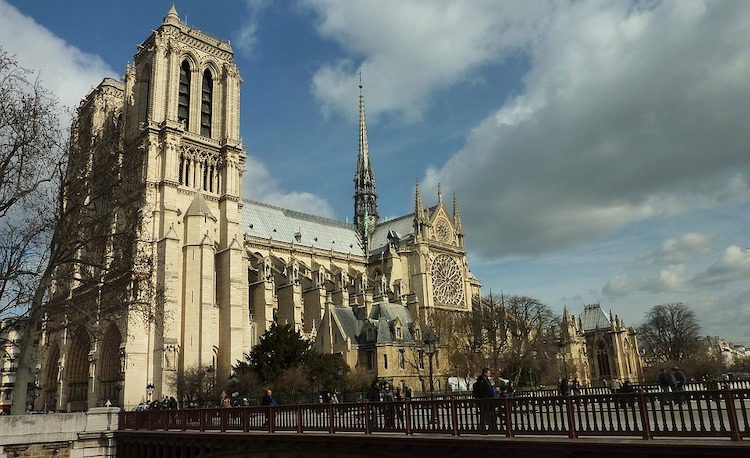
Bitterness is easy. Compassion is hard. It is harder still when the spirit to which you should extend it does not resemble you– does not have human flesh to trigger your pro-social instincts, your animal bonds of attachment and protection. That does not make it less important. For those who work with spirits, it may even be more important– so few will see the wound, or recognize the need. Do not allow bitterness or resentment or frustration to mar your work in this.
Notre-Dame de Paris has not fallen.
But she has stumbled.
Help her up.



